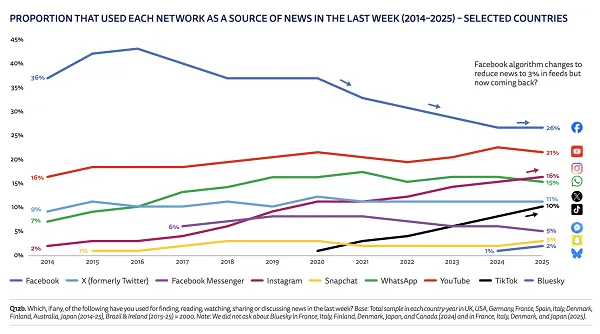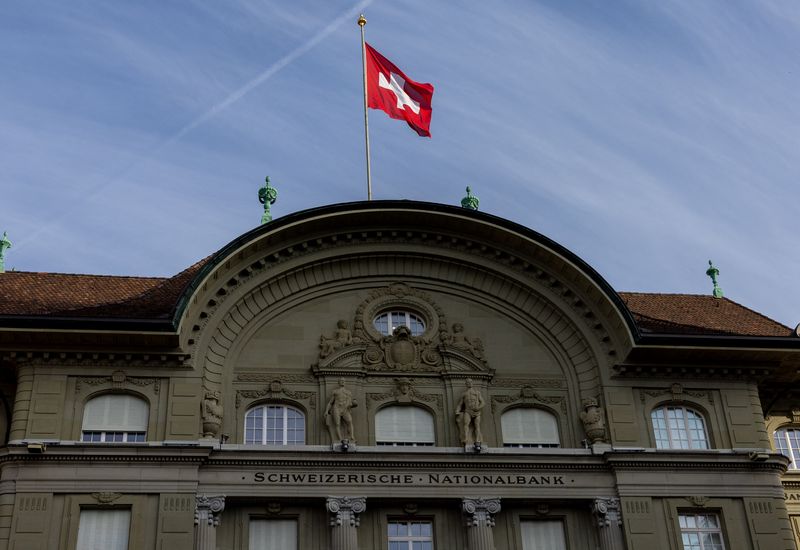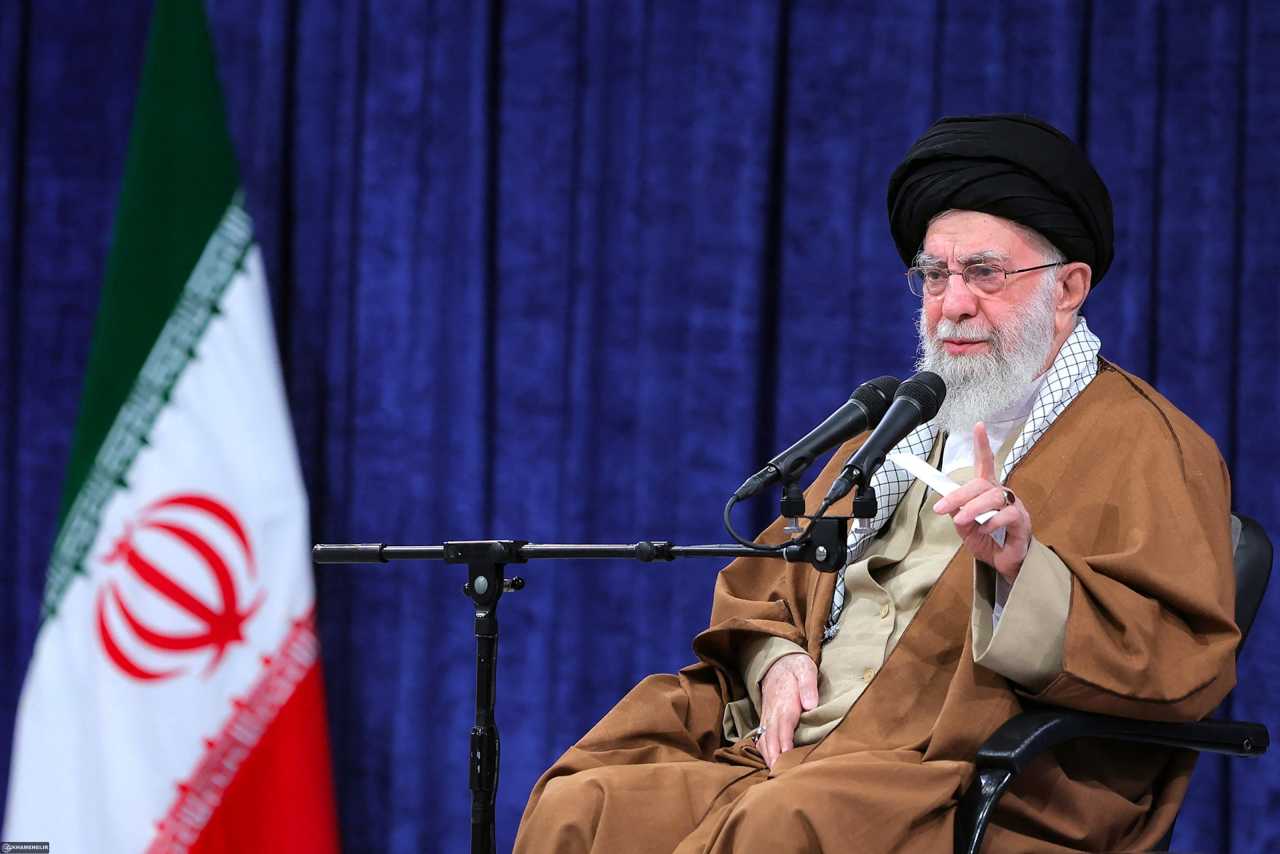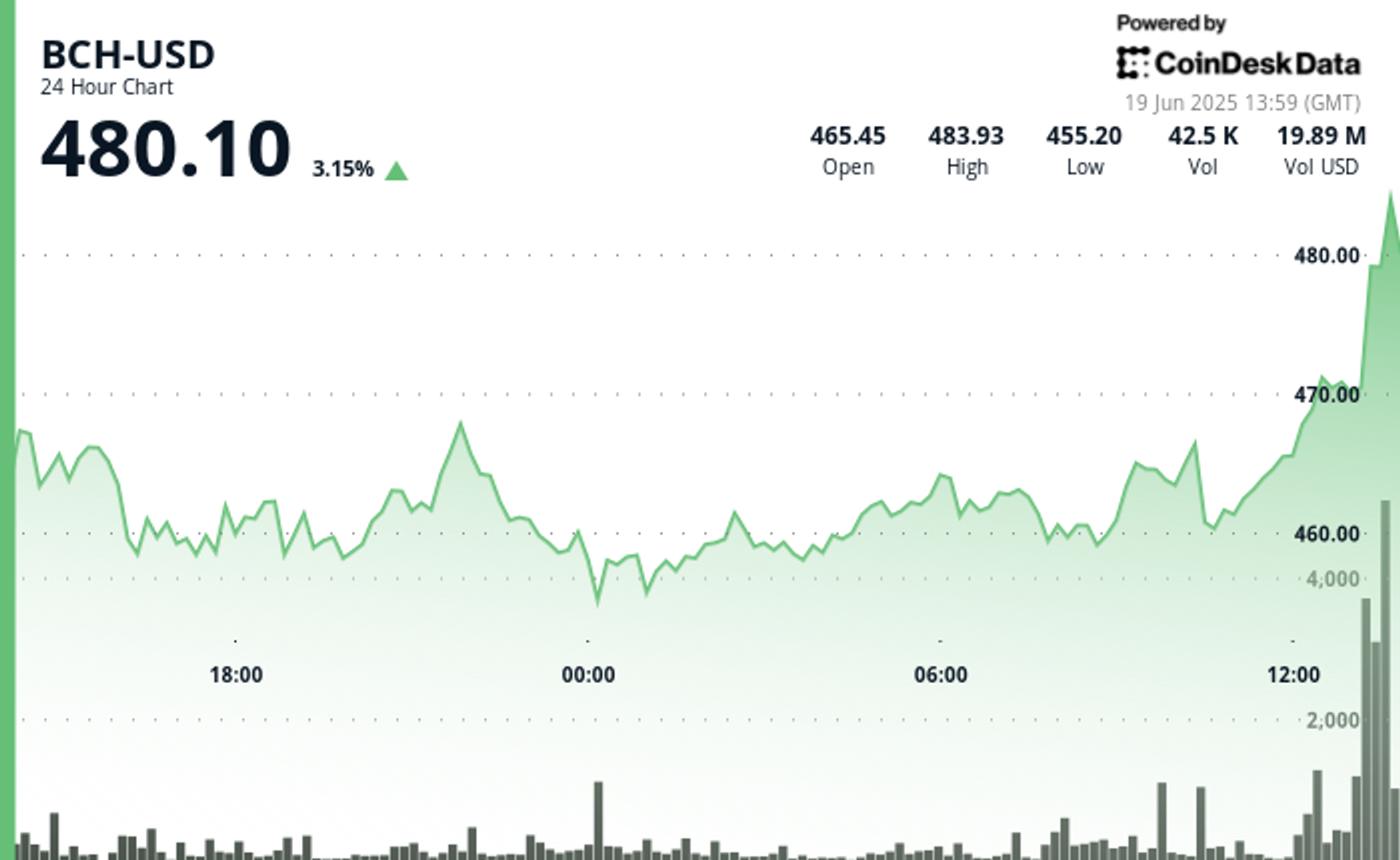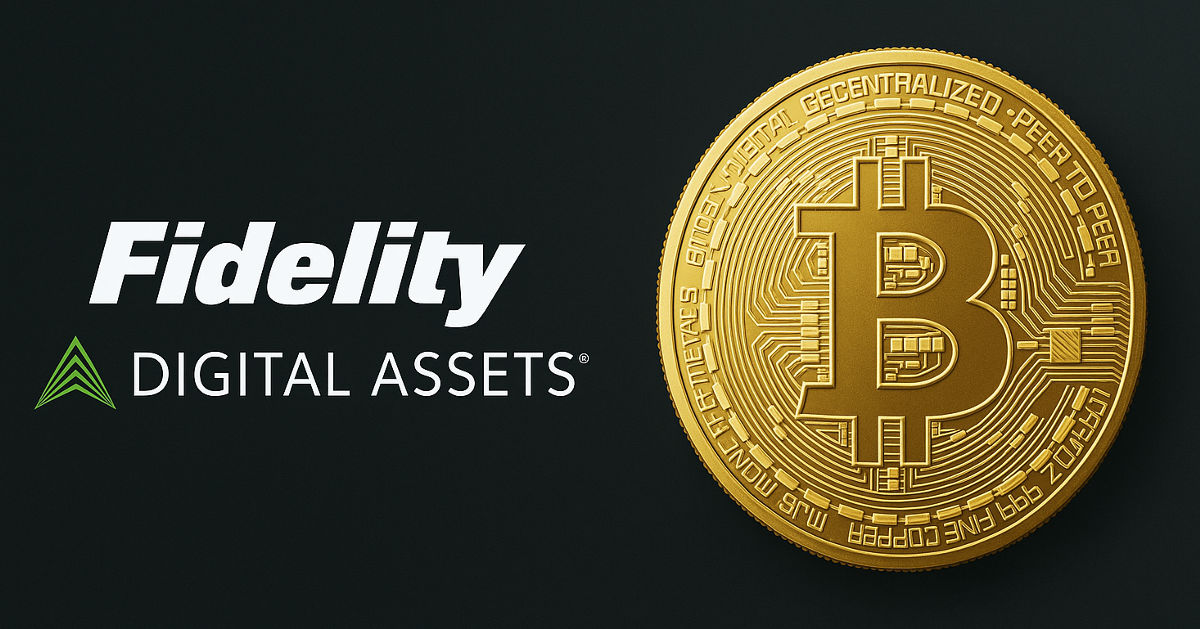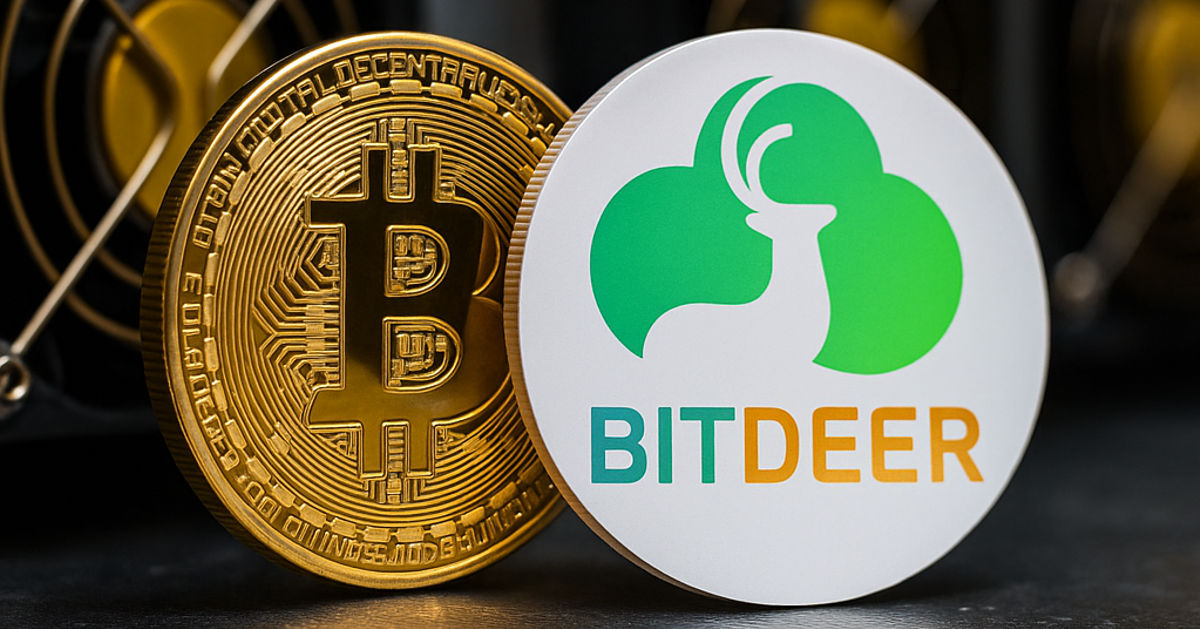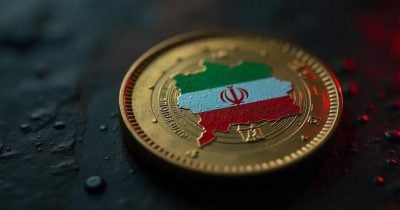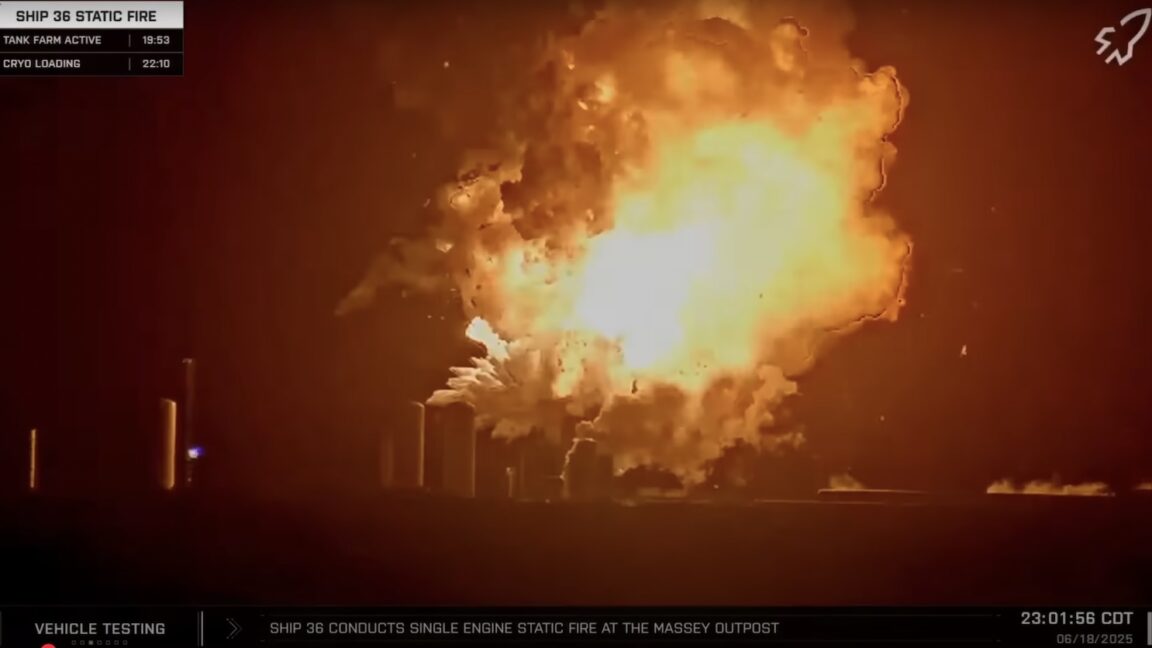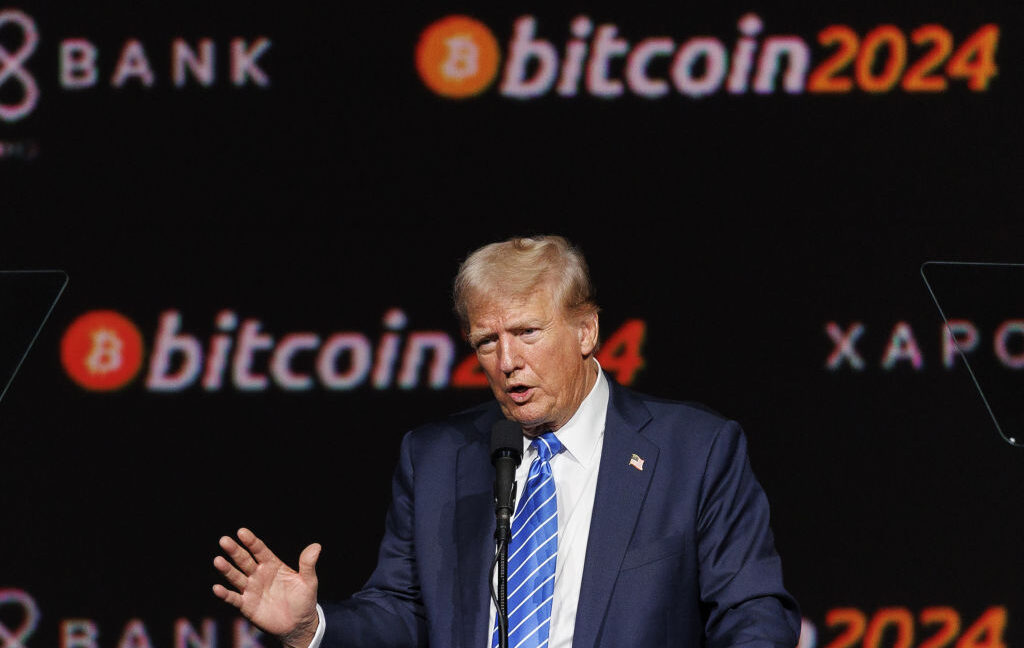Leaders, you should absolutely talk politics at work. Here’s why
Open your news feed or turn on a screen and images of conflict are impossible to avoid. Geopolitics is not the exclusive precinct of diplomats and politicians. For many, it is an intensely personal and emotional topic; a distant calamity can strike very close to home. And people do not leave their opinions behind when they go to work. In fact, many workers expect their employers to take a stand on social and geopolitical issues. In the 2025 Edelman Trust Barometer, almost 80% of respondents said that CEOs are justified in addressing a social issue when they can make a difference. Moreover, business remains more trusted than government, the social sector, or the media. With that position comes responsibility. A charged environment But it’s a complicated one. Particularly in large global organizations, opinions are certain to vary: Where people grow up, what they experience, and how they consume news all shape their response to geopolitical events. Leaders need to be prepared to manage a highly charged environment where a single remark can spark controversy. Missteps can lead to a loss of trust, talent, and reputation. Insight, oversight, and foresight are all required to build geopolitical resilience There is also a fourth dimension: a people agenda. Just as business leaders develop a strategy to guide operational decisions, they need to do the same for engaging with their workforce on geopolitics. That means learning how to talk about sensitive topics; how to balance transparency with confidentiality; how to meet the rising expectations of employees, customers, regulators, and other stakeholders; and how to unify the organization around a shared commitment to good global citizenship. A strategic approach to engagement can be built on five pillars: multipolarity, mobility, messaging, motivation, and mission. Multipolarity In a fragmenting global order with new opportunities in emerging markets, issuing decrees from headquarters is not enough. Employees want the unique risks and opportunities in their home markets to be understood and reflected. To demonstrate a multipolar mindset, leaders can hold board meetings in different regions, ensure that important roles, such as on global risk committees, are filled with people who reflect the global nature of the organization, seek input from experts and advisors with a wide range of views, and get local advice when developing risk frameworks in markets with geopolitical sensitivities. Mobility Companies can help employees build understanding and trust with colleagues by creating opportunities for them to experience life and business outside their home markets. One global retailer, for example, brings its entire incoming analyst class in China to its U.S. headquarters each year. Many firms also offer rotational programs to help up-and-coming leaders gain a deeper understanding of how and where the company operates. Messaging Business leaders should define and communicate a set of principles that provide a clear rationale for which issues the company will take a stand on and which it will not. Considerations include the specific legal situation, the company’s values, the business case, and impact on the brand. These ideas informed McDonald’s messaging when it decided to pull out of Russia after the invasion of Ukraine in 2022. While the message must come from the top, communicating it can be done more broadly. Indeed, the messengers are as important as the message. Messengers may need to be on the ground in markets experiencing disruptions to learn from local colleagues and other stakeholders and show support in person. Employees tend to trust their immediate supervisors more than senior leaders; supervisors usually have more time to listen and learn. Similarly, seasoned executives with strong relationships across the organization may be able to play the role of shuttle diplomats and help employees understand the company’s position while also serving as sounding boards and relaying frontline perspectives to senior leaders. Motivation Employers understand that the workforce values job security, compensation, and the opportunity to advance. But the desire for purpose and community is often underestimated. Management can enhance employees’ sense of belonging during a crisis, for example, by offering matching funds for charitable contributions. If geopolitical issues force a company to suspend operations in a market, management can demonstrate its commitment to employees by offering support to those in the affected region. Mission A clear mission statement can transcend geopolitical differences and serve as a rallying point in moments of internal division. The mission of one large U.S. multinational, for example, includes making its services “universally available.” This informs leaders’ debates about whether the company should serve certain markets. Keeping the peace in the workplace when the world is in turmoi

Open your news feed or turn on a screen and images of conflict are impossible to avoid. Geopolitics is not the exclusive precinct of diplomats and politicians. For many, it is an intensely personal and emotional topic; a distant calamity can strike very close to home. And people do not leave their opinions behind when they go to work.
In fact, many workers expect their employers to take a stand on social and geopolitical issues. In the 2025 Edelman Trust Barometer, almost 80% of respondents said that CEOs are justified in addressing a social issue when they can make a difference. Moreover, business remains more trusted than government, the social sector, or the media. With that position comes responsibility.
A charged environment
But it’s a complicated one. Particularly in large global organizations, opinions are certain to vary: Where people grow up, what they experience, and how they consume news all shape their response to geopolitical events. Leaders need to be prepared to manage a highly charged environment where a single remark can spark controversy. Missteps can lead to a loss of trust, talent, and reputation.
Insight, oversight, and foresight are all required to build geopolitical resilience There is also a fourth dimension: a people agenda. Just as business leaders develop a strategy to guide operational decisions, they need to do the same for engaging with their workforce on geopolitics. That means learning how to talk about sensitive topics; how to balance transparency with confidentiality; how to meet the rising expectations of employees, customers, regulators, and other stakeholders; and how to unify the organization around a shared commitment to good global citizenship.
A strategic approach to engagement can be built on five pillars: multipolarity, mobility, messaging, motivation, and mission.
Multipolarity
In a fragmenting global order with new opportunities in emerging markets, issuing decrees from headquarters is not enough. Employees want the unique risks and opportunities in their home markets to be understood and reflected. To demonstrate a multipolar mindset, leaders can hold board meetings in different regions, ensure that important roles, such as on global risk committees, are filled with people who reflect the global nature of the organization, seek input from experts and advisors with a wide range of views, and get local advice when developing risk frameworks in markets with geopolitical sensitivities.
Mobility
Companies can help employees build understanding and trust with colleagues by creating opportunities for them to experience life and business outside their home markets. One global retailer, for example, brings its entire incoming analyst class in China to its U.S. headquarters each year. Many firms also offer rotational programs to help up-and-coming leaders gain a deeper understanding of how and where the company operates.
Messaging
Business leaders should define and communicate a set of principles that provide a clear rationale for which issues the company will take a stand on and which it will not. Considerations include the specific legal situation, the company’s values, the business case, and impact on the brand.
These ideas informed McDonald’s messaging when it decided to pull out of Russia after the invasion of Ukraine in 2022. While the message must come from the top, communicating it can be done more broadly. Indeed, the messengers are as important as the message.
Messengers may need to be on the ground in markets experiencing disruptions to learn from local colleagues and other stakeholders and show support in person. Employees tend to trust their immediate supervisors more than senior leaders; supervisors usually have more time to listen and learn. Similarly, seasoned executives with strong relationships across the organization may be able to play the role of shuttle diplomats and help employees understand the company’s position while also serving as sounding boards and relaying frontline perspectives to senior leaders.
Motivation
Employers understand that the workforce values job security, compensation, and the opportunity to advance. But the desire for purpose and community is often underestimated. Management can enhance employees’ sense of belonging during a crisis, for example, by offering matching funds for charitable contributions. If geopolitical issues force a company to suspend operations in a market, management can demonstrate its commitment to employees by offering support to those in the affected region.
Mission
A clear mission statement can transcend geopolitical differences and serve as a rallying point in moments of internal division. The mission of one large U.S. multinational, for example, includes making its services “universally available.” This informs leaders’ debates about whether the company should serve certain markets.
Keeping the peace in the workplace when the world is in turmoil can be challenging. In revising their vision of the world to one that is connected yet contested, leaders may also need to revise how they engage with their people on a topic that is personal. In addition to taking steps to reduce risks ranging from screening processes to data access protocols, leaders must also take proactive steps to emerge as resilient organizations that can withstand centrifugal forces and seize new opportunities.






